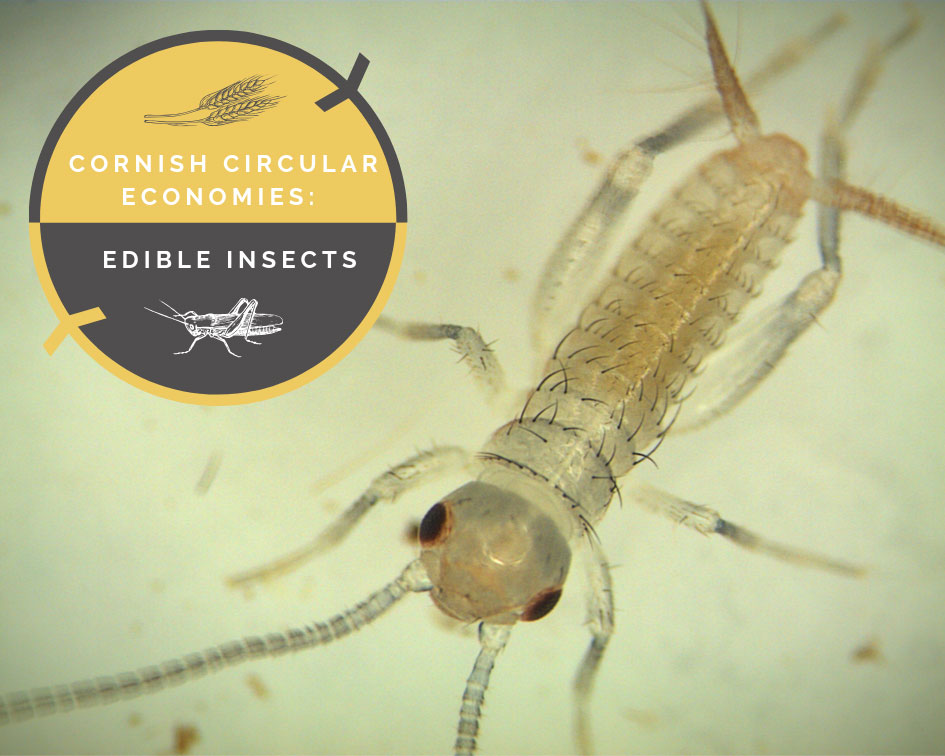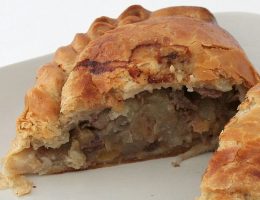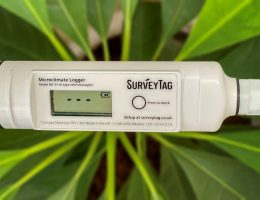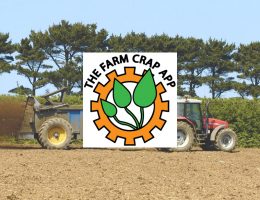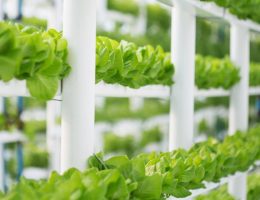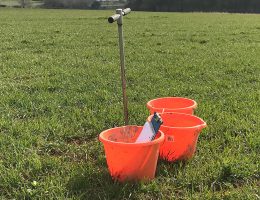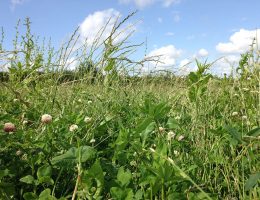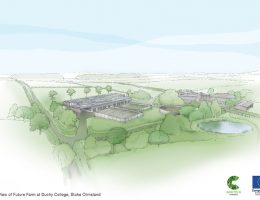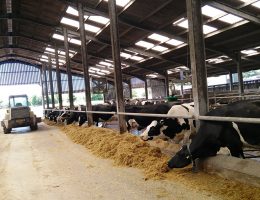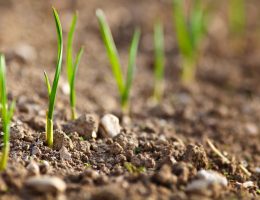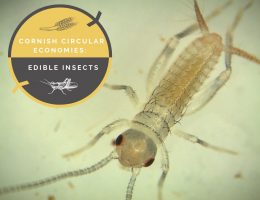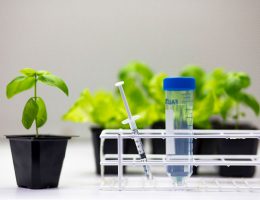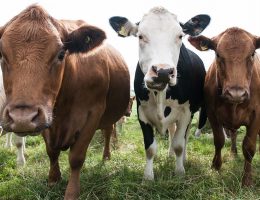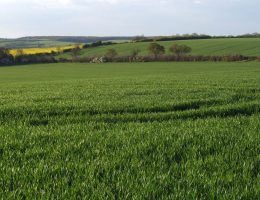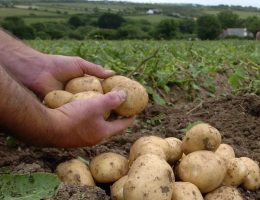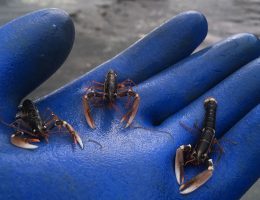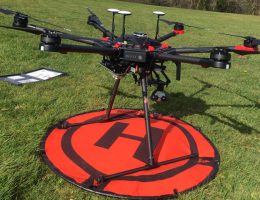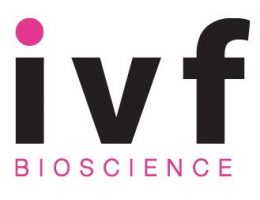Agriculture is having to deal with a rising population, a changing climate, the erosion of soil quality and land increasingly being used for housing or infrastructure.
This is the context for a billion people worldwide currently eating too little protein, with all the health ramifications that implies. The need to find new, sustainable ways to feed humans and animals is clear, and edible insects can be the answer, or an important part of it. They’re highly nutritious (for humans and many livestock species) and have a nutritional value comparable to other meat.
Producing 1kg of edible protein from insects requires much less land and water than conventional livestock need – making them cheaper to farm – and also produces lower greenhouse gas emissions. Mass-rearing costs can potentially be much lower, too; insects fed on by-products from (e.g.) retail, brewing or agriculture help reduce waste, lower costs and make circular economic business models possible.
This project saw us create collaborative networks with businesses and academics (at the University of Exeter’s Penryn Campus), and develop research expertise in farming insects, to try and put Cornwall at the centre of an industry currently in its infancy. The project was completed within the anticipated timescale and well within the allocated budget, thanks to re-purposing materials already available within University of Exeter laboratories.
The project made several key developments; we created collaborative networks between insect producers, potential customers and businesses who would like to develop innovative and sustainable ways to recycle their organic by-products. We raised the profile of insect farming within Cornwall, highlighting business opportunities, and providing legal advice and networking opportunities to recent start-ups.
Our desk study and feed trial highlighted the potential of feeding brewery by-products (from Granite Rock brewery) to G.sigillatus (crickets) and other species. This showed that brewery by-products represent a promising source of dietary nutrition for edible insects and could bring wide-ranging benefits in terms of reducing insect feed costs and managing industry waste. We also developed novel artificial diets for G.sigillatus, which we hope to share with the wider scientific community.

